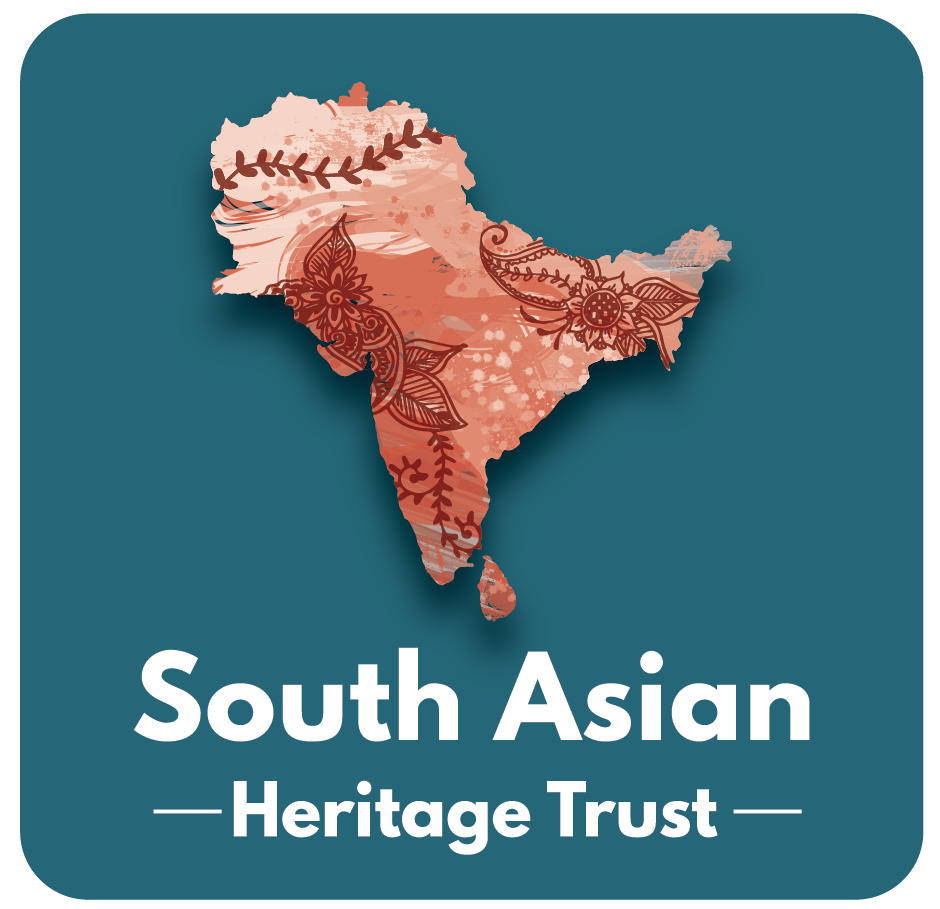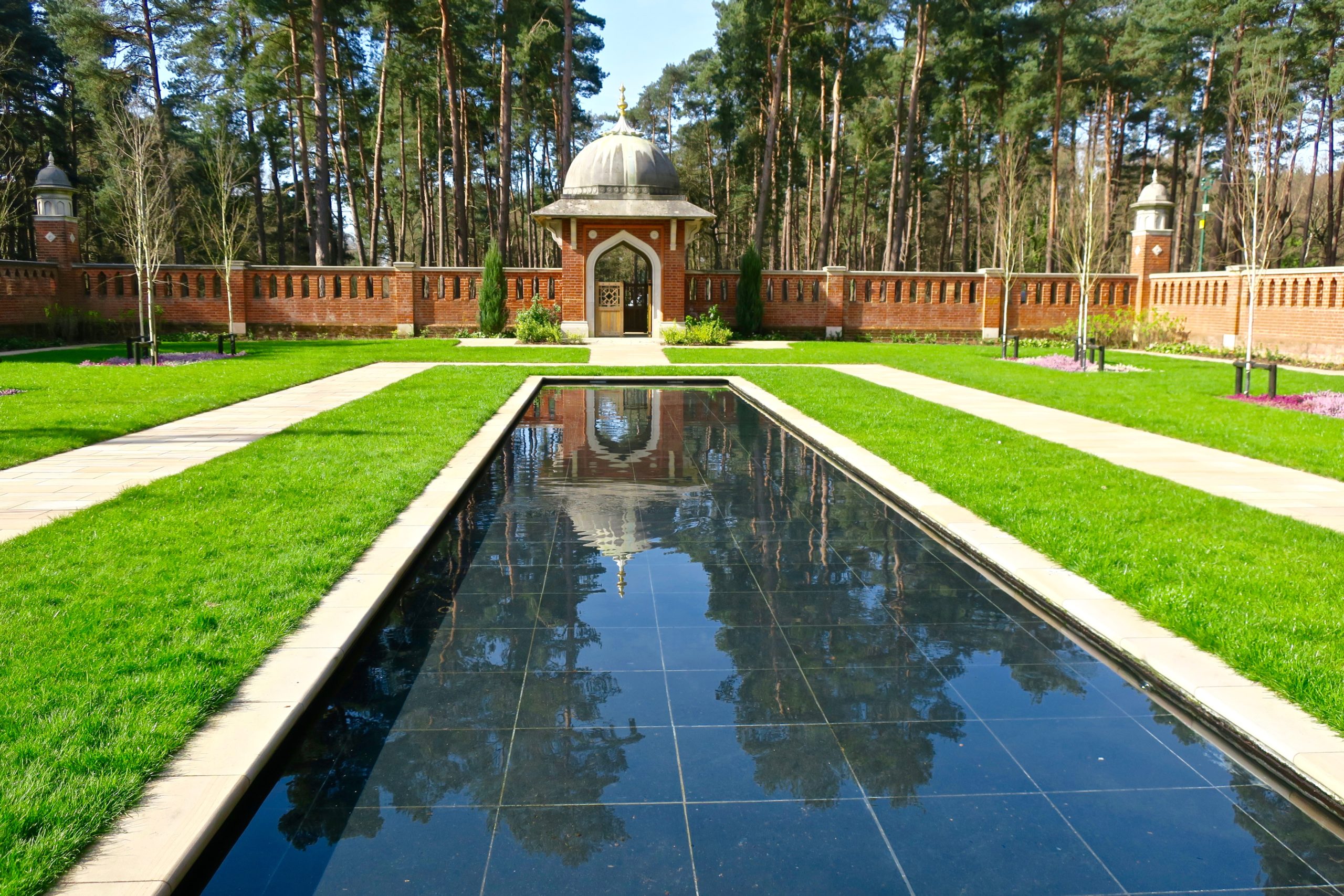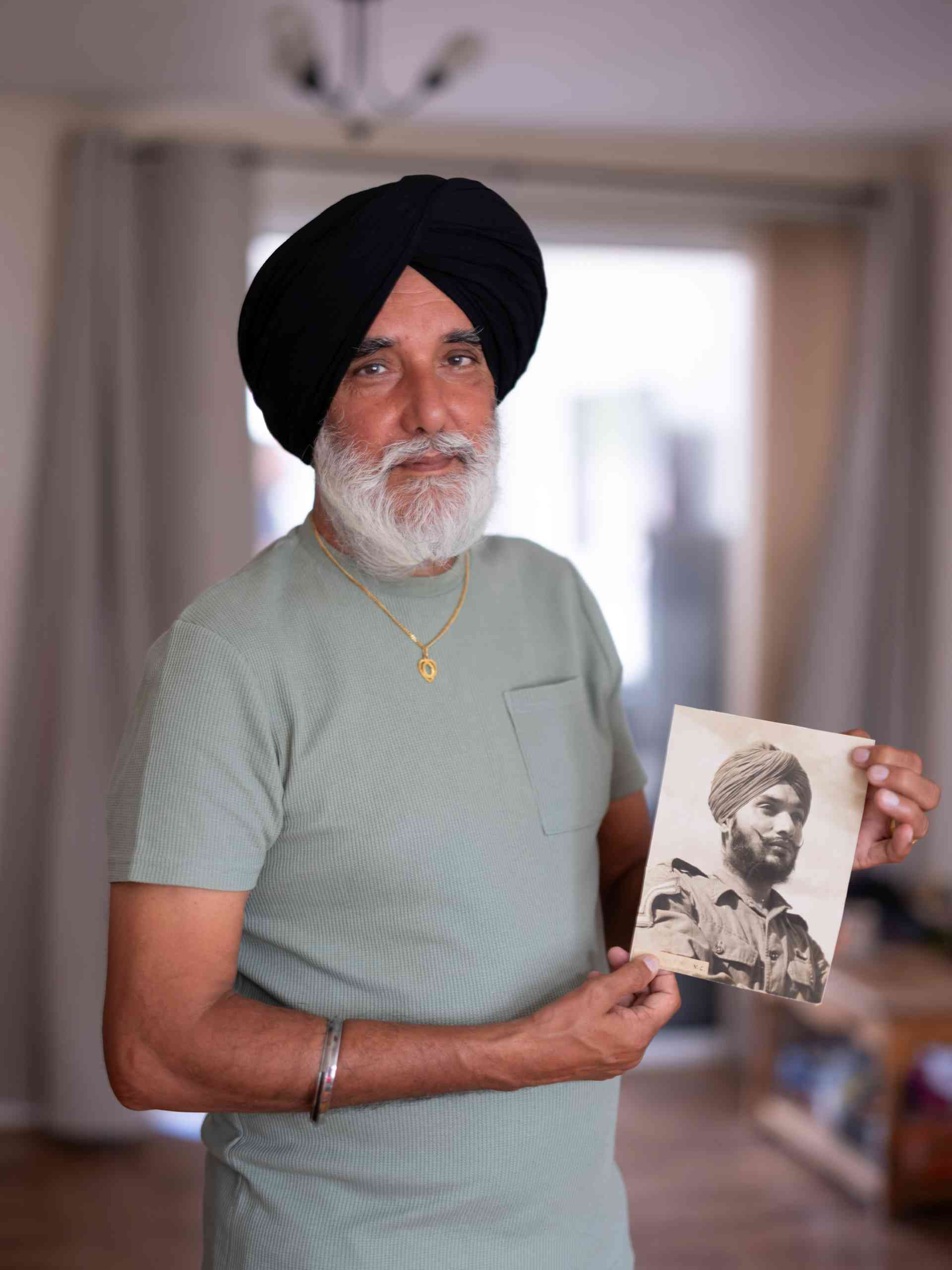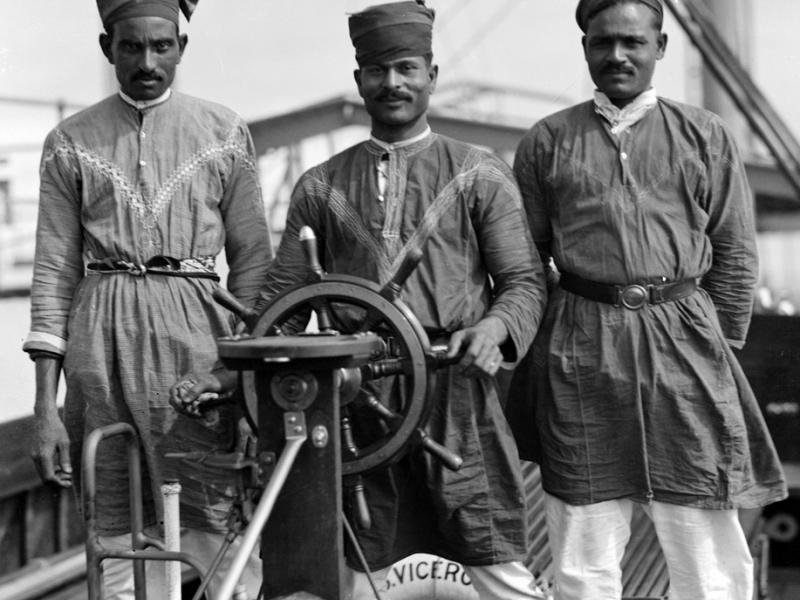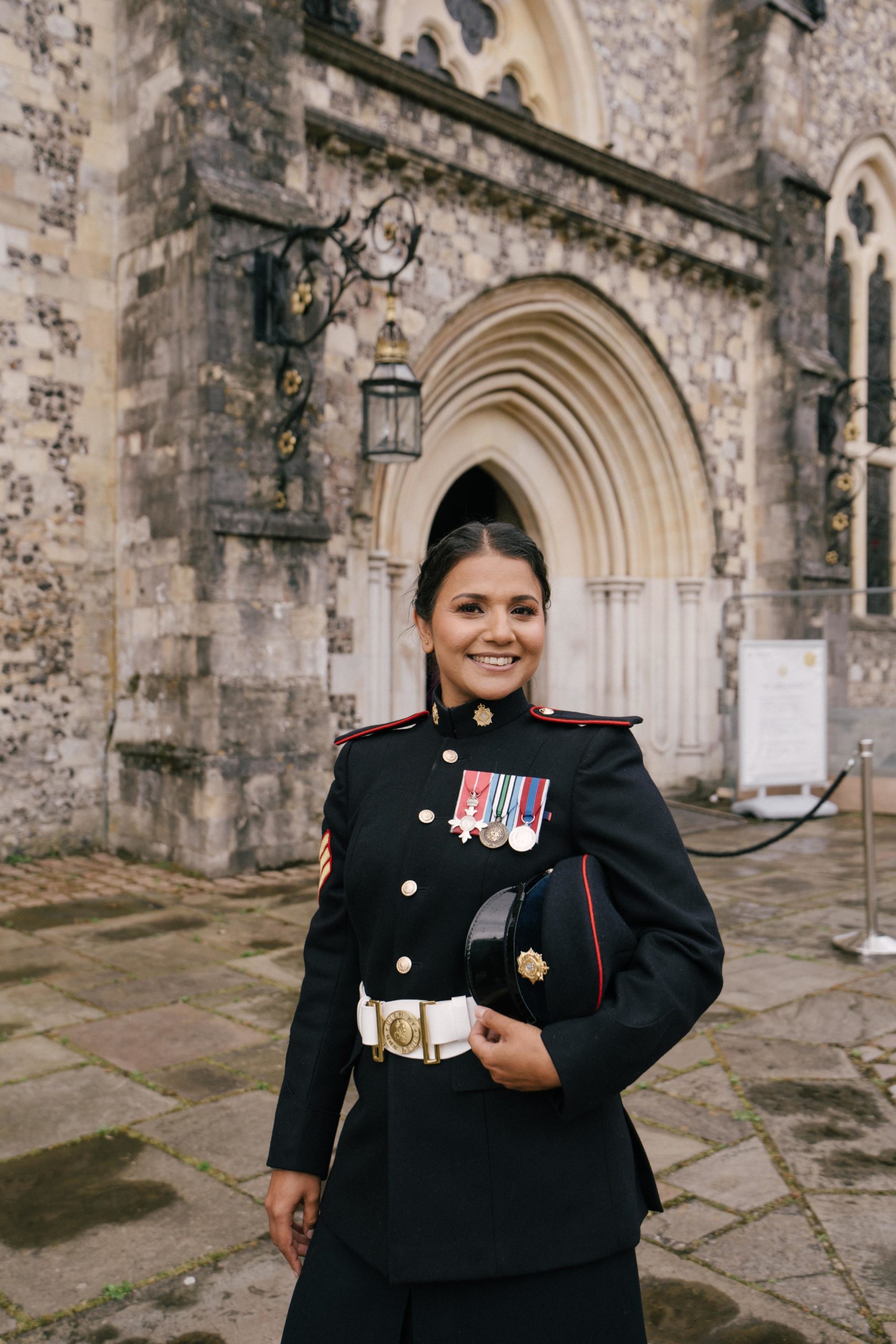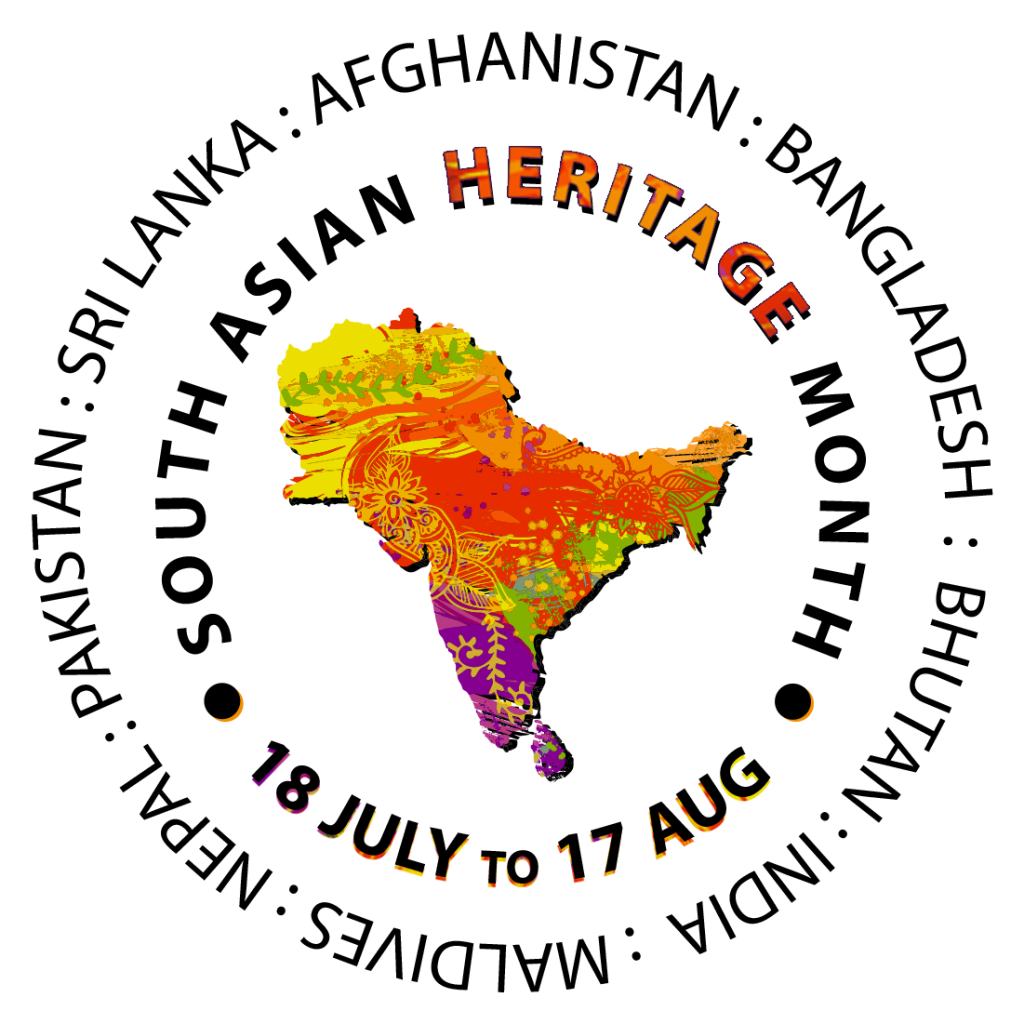Among them were Muslim soldiers from various parts of the British Empire, notably from India, which included present-day Pakistan and Bangladesh. These troops played a significant role in the war and yet their contributions and sacrifices have often been overlooked in historical narratives.
Muslim soldiers were a crucial part of the British Indian Army, which was the largest volunteer force in the world at the time. Approximately 1.3 million Indian soldiers served in The First World War, with a significant proportion being Muslim. They fought on numerous fronts, including the Western Front, the Middle East, and Africa.
During The First World War, the British government established several hospitals to care for wounded soldiers. Brighton was chosen as one of the primary locations due to its tranquil environment and existing infrastructure. The Pavilion Military Hospital, situated in the Royal Pavilion, was one of the key facilities for the treatment of Indian soldiers.
A former royal residence with its distinctive Indo-Saracenic architecture, the Royal Pavillion was transformed into a hospital in December 1914 and was equipped to cater to the specific needs of Indian soldiers, including cultural and religious requirements. The staff included Indian medical practitioners, and arrangements were made for halal food and spaces for prayer. The Dome and the Corn Exchange in Brighton were also converted into hospitals to accommodate the large number of wounded soldiers.
Among those treated at the Royal Pavilion were several notable individuals. One such soldier was Subedar Mir Dast, a recipient of the Victoria Cross, the highest military decoration awarded for valour “in the face of the enemy” to members of the British and Commonwealth forces. Subedar Mir Dast was awarded the Victoria Cross for his gallantry during the Second Battle of Ypres in 1915, where he led his men with great bravery despite being wounded.
Another notable soldier was Sepoy Khudadad Khan, the first Indian and Muslim soldier to be awarded the Victoria Cross. He was recognized for his heroism during the First Battle of Ypres in 1914, where he continued to fight against overwhelming odds despite being severely injured. Khan’s actions were instrumental in delaying the German advance, allowing British forces to regroup.
The treatment of Muslim soldiers in Brighton reflected a blend of medical care and cultural sensitivity. The British authorities recognised the importance of maintaining the morale and well-being of these soldiers by respecting their religious practices. This included providing spaces for prayers, facilitating dietary requirements, and ensuring that medical practices were in line with their beliefs.
Despite the efforts to provide culturally sensitive care, the experiences of these soldiers were not without challenges. The language barrier was a significant issue, as many soldiers did not speak English. This often led to difficulties in communication with medical staff, despite the presence of interpreters. Additionally, the psychological trauma of war, coupled with being in a foreign land, added to their recovery challenges.
Not all the troops who were treated in Brighton survived their injuries. Those who succumbed were given respectful burials in accordance with their religious traditions. The Woking Muslim Burial Ground, established in 1917, became the final resting place for many of these soldiers. Located near the Shah Jahan Mosque in Woking, it was the first purpose-built Muslim cemetery in Britain and was created as a symbol of gratitude from the British government. The cemetery originally featured 27 graves, marked by headstones inscribed in English and Arabic, reflecting the soldiers’ heritage.
In 1968, due to redevelopment plans in Woking, the decision was made to relocate the remains of the soldiers from the Woking Muslim Burial Ground to the Brookwood Military Cemetery in Surrey. Brookwood Military Cemetery, established in 1917, is the largest Commonwealth war cemetery in the United Kingdom.
The transfer was conducted with the utmost respect and in accordance with Islamic burial rites. Each grave was carefully exhumed, and the remains were reinterred at Brookwood and the headstones transferred. The Woking Muslim Burial Ground was restored and rededicated in 2015, with the addition of a peace garden to commemorate the centenary of The First World War.
In recognition of the sacrifices made by these soldiers, an annual remembrance service is held at the peace garden, usually on the Sunday after Armistice Day in November.
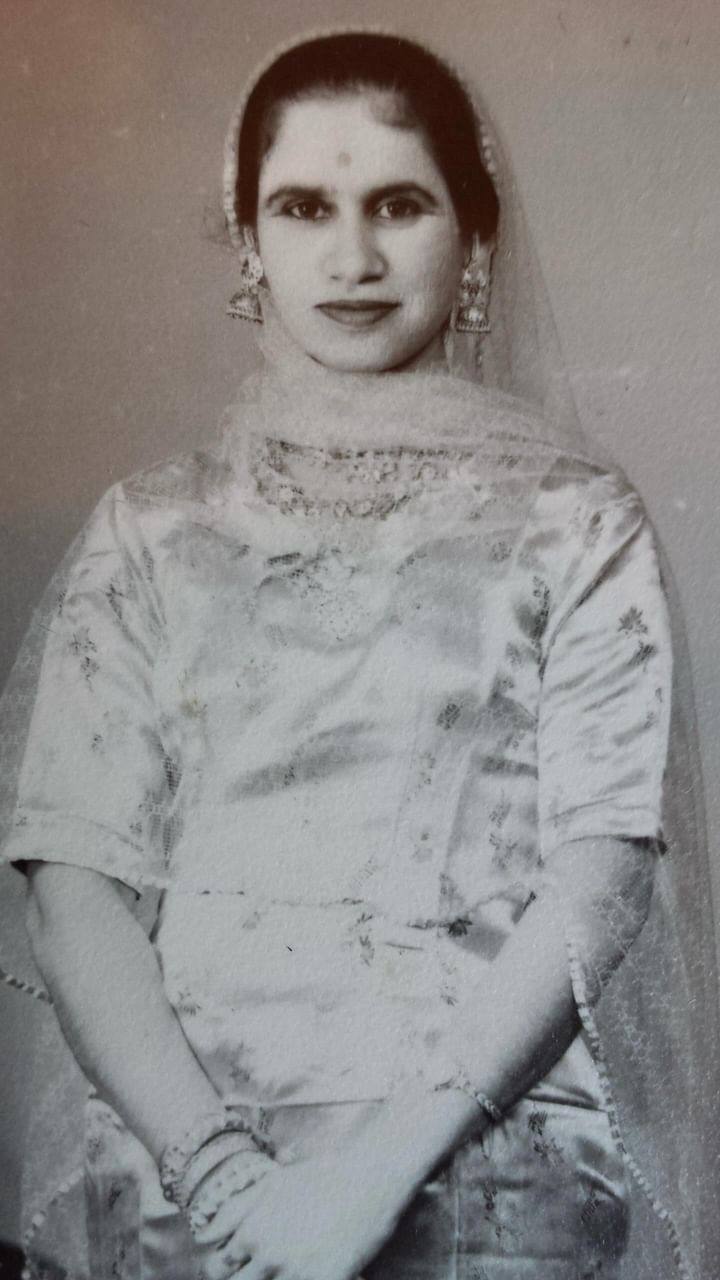
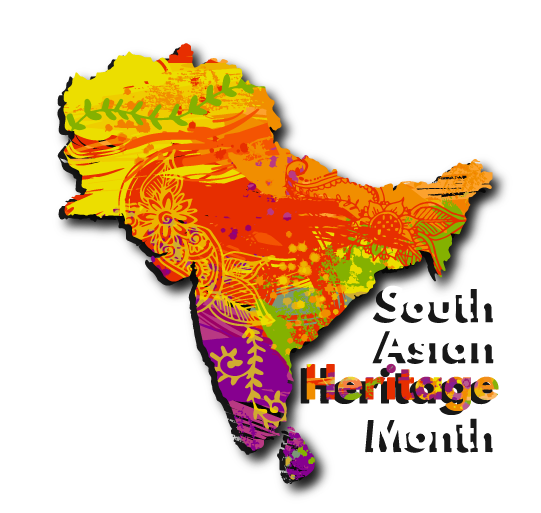 South Asian Heritage Month dates changed to "July" from 2026 — Learn more here →
South Asian Heritage Month dates changed to "July" from 2026 — Learn more here →
